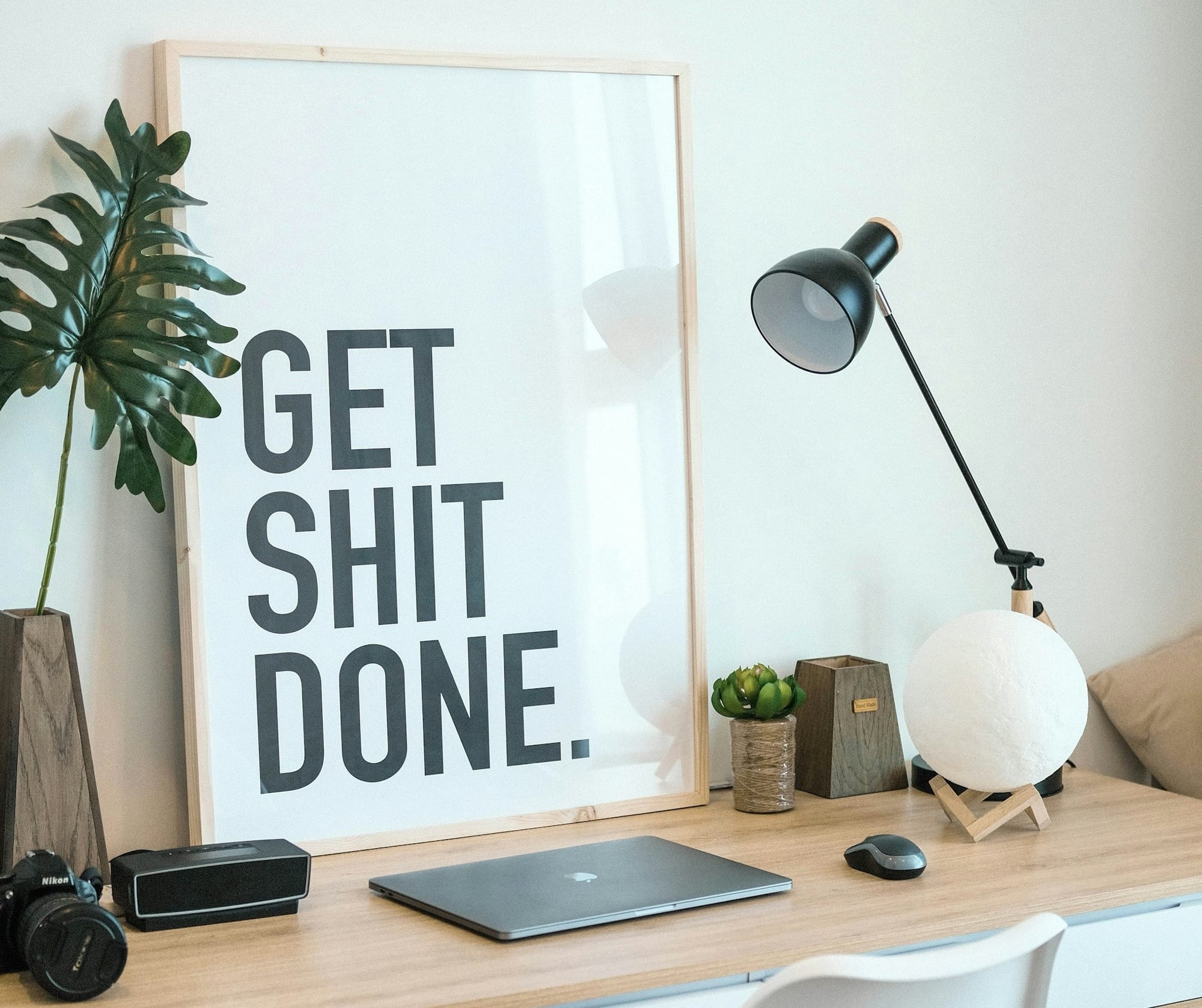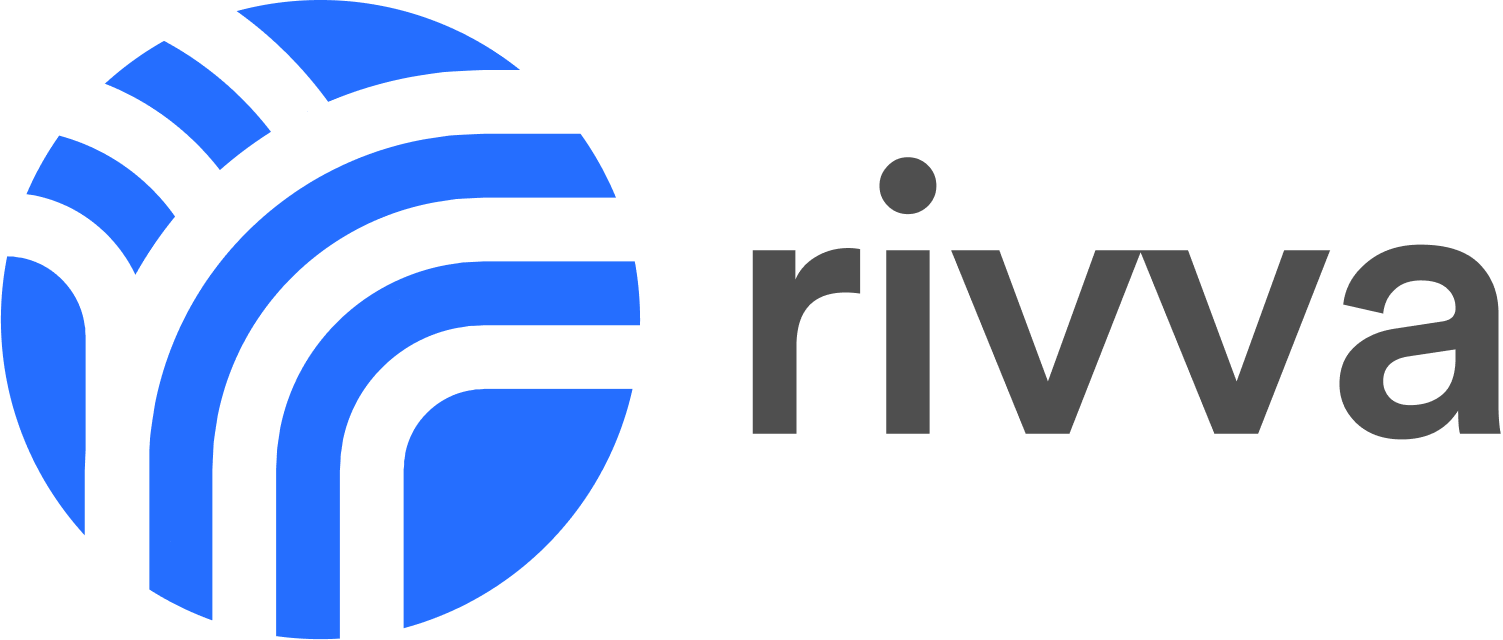Top Productivity Tips for 2025
Productivity today is not about speed or output volume. It's about creating the right conditions for clear thinking and sustained effort without compromising your energy or judgment. Here are ten principles / productivity tips that are helping people work better.

What’s Actually Working in a World of AI, Attention Fatigue, and Ambition Burnout
If the past few years taught us anything, it’s that productivity isn’t about doing more. It’s about doing meaningful work consistently — without draining your mental energy or fragmenting your attention across too many apps, meetings, or “priorities.”
We’re well into 2025, and the landscape of work has never felt more complex — or more full of possibility. AI is embedded in nearly every workflow, hybrid teams are the default, and the pressure to stay focused in a world that moves at the speed of your inbox hasn’t let up. Instead of getting caught in the bustle, the most productive professionals aren’t those who do the most; they’re the ones who have learned to protect clarity, manage their energy, and build systems that support sustainable focus.
Here are the productivity strategies that are actually working in 2025 and going forward.
1. Structure Your Day Around Energy, Not Hours
Most people still plan their work based on the clock, assuming every hour is interchangeable. This assumption is false. Cognitive energy fluctuates throughout the day, and the quality of your thinking changes with it. If you use your sharpest hours on shallow tasks and save important work for when you are already tired, you are working against yourself.
Start by observing when you tend to feel most clear-headed, alert, and capable of sustained attention. Protect those periods for the work that demands it. Move meetings, emails, and other reactive work to lower-energy times. One hour of clear, focused thinking is worth far more than three hours of distracted effort.
2. Use AI to Reduce Mental Load, Not to Control Your Day
AI is helpful when it supports human judgment and relieves unnecessary mental effort. It becomes counterproductive when it dictates your day through automated schedules or constant suggestions that lack context. Many tools today are designed to optimize efficiency without considering how people actually work.
Instead of handing over control, use AI for well-defined tasks: summarising long threads, drafting routine content, identifying patterns, or suggesting next steps based on prior decisions. Keep the final decisions in your hands. Let the tools handle structure; you bring discernment.
3. Build a System You Can Return To
Your brain is not built to store every task, idea, and decision. If you rely solely on memory, you will spend much of your attention tracking unfinished thoughts rather than completing them. The solution is not a specific tool but a reliable system — a single place to capture what needs doing, revisit it regularly, and adjust with clarity.
The system itself can be simple: a digital notebook, a structured task list, or a daily review ritual. What matters is that it helps you see your commitments clearly, lets you focus on what matters now, and reduces the cognitive friction of wondering what you have forgotten.
4. Treat Focus as a Practice, Not an Accident
Focus does not appear when you need it; it must be cultivated. Professionals who do meaningful work consistently have structured their environments and habits to invite concentration. This often includes quiet spaces, clearly defined work blocks, and pre-work rituals that ease the transition from distraction to focus.
A consistent rhythm matters more than intensity. Begin with a short session each day where you protect your time, reduce inputs, and train your attention on one problem. Over time, your ability to focus strengthens — not because your environment changed, but because your discipline did.
5. Protect Recovery as Part of the Work
No one can sustain continuous cognitive effort without rest. Breaks are not indulgences; they are necessary for sustained output. What distinguishes high performers is not how long they work but how deliberately they recover.
You do not need long holidays or dramatic life changes. What helps is consistent recovery throughout the day: five minutes of quiet between meetings, walking outside after a focus session, and disconnecting fully in the evening. If you neglect recovery, you will reduce the quality of your work no matter how committed you are.
6. Simplify Your Tool Stack and Use It With Intention
It is common to see professionals juggling ten or more digital tools, each solving a slightly different problem, none integrating well with the others. Every switch costs attention; every new interface creates another layer to manage. Productivity suffers not from a lack of tools but from an excess of poorly coordinated ones.
Reduce your systems to the essentials. Select tools that integrate seamlessly are easily accessible and do not compete for your attention. The goal is not variety; it is coherence. Your tools should serve your process, not dictate it.
7. Recalibrate Weekly to Stay Oriented
A weekly review is a simple habit with disproportionate returns. Rather than reacting to whatever appears in your inbox each morning, a short check-in once a week allows you to reflect on progress, reset priorities, and re-align with your actual goals.
This practice can be brief — fifteen to thirty minutes — and still change the tone of your entire week. It helps you prevent small misalignments from compounding, and it restores your agency in the face of external noise.
In 2025, Productivity Is About Clarity, Not Control
The most significant shift in how people work is not driven by technology but by values. Professionals are recognising that more control, more inputs, and more tools often lead to more friction. What improves the quality of work is clarity — knowing what matters, creating space to do it, and trusting a system that holds the rest.
This is the philosophy that guides everything we are building at Rivva: intelligent systems that adapt to your energy, support your decisions, and help you focus without losing your humanity in the process.
If your current tools are making you faster but not clearer, perhaps it is time for a different approach.
Explore Rivva
A more intelligent way to work — calm, focused, and grounded in clarity.
www.rivva.app
